US not leaving Mideast despite ending ‘combat mission’ in Iraq, says former envoy
A veteran US diplomat says American forces are not leaving the Middle East in the near future despite Washington’s announcement of an end to its “combat mission” in Iraq.
Last month, the US announced an end to its combat mission in Iraq, but many Iraqi leaders have warned that nothing has changed in the number of American troops and the relabeling is a cloak to deceive the Iraqi people who are fiercely opposed to the presence of American forces.
In an article published by the Saudi-owned newspaper Asharq al-Awsat, Robert Ford, a former US ambassador to Syria and Algeria, said it was “ridiculous” to believe the US was leaving the Middle East, adding “the American forces are not leaving Syria and Iraq in the near future.”
“First, the Americans are keeping their bases in the [Persian] Gulf region in countries like Kuwait, Bahrain, Qatar and the United Arab Emirates. They are expanding the Muwaffaq Salti Air Base in Jordan. At the same time, the American navy continues to operate in the [Persian] Gulf and near the Arabian Peninsula,” Ford explained.
Second, he continued, neither of the former and current US presidents, Donald Trump and Joe Biden, withdrew all the American forces out of Syria or Iraq.
“In fact, the number of soldiers hasn’t changed for about two years and will not change much during the next few years. The Americans have promised not to undertake unilateral combat missions in Iraq and that is new,” the retired American diplomat pointed out.
Last month, Baghdad announced the end of the US-led forces’ “combat mission” in Iraq, but about 2,500 American soldiers and 1,000 coalition troops will remain deployed in Iraq on the pretext of offering training, advice, and assistance to Iraqi forces.
Iraqi resistance groups have maintained that the US is merely relabeling its military forces to Iraq. They have ramped up their calls for the expulsion of all American forces from the Arab country regardless of their labels.
The pressure to expel American forces began to build up after the US assassinated top counter-terrorism commanders, General Qassem Soleimani and Abu Mahdi al-Muhandis, in Baghdad in January 2020.
General Soleimani, chief commander of the Islamic Revolution Guards (IRGC) Quds Force, and al-Muhandis, deputy chief of the Popular Mobilization Units (PMU), played a crucial role in defeating the Daesh (ISIS) terrorist group in the region.
In recent days, concurrent with the second anniversary of the US’s “terrorist attack”, military bases that hold American troops in Iraq and Syria have been under repeated attacks.
The former American envoy maintained that developments in Asia, in Europe, and with Iran will affect the future American military position in the Middle East.
“Will China and Russia have more influence in the region? Of course,” he said, adding, “Regardless of its many political problems, America is no longer the single superpower. But any foreign leader who expects the American political class will abandon the Middle East doesn’t understand American domestic politics or Biden’s policy that seeks to share responsibility for stability in the region with America’s partners.”
Ford said while the last three American presidents have looked at the wars in Iraq and Afghanistan and are cautious about starting a new land war in western Asia, being cautious about launching a new war is not the same as withdrawing.
Last year, the US military withdrew its forces from Afghanistan 20 years after invading the country to topple the Taliban, in a war that killed, according to one estimate, between 897,000 and 929,000 people, and also cost the US tax-payers $2.3 trillion.
VIDEO | ‘Clear stance’: Iran reiterates its nuclear rights as per NPT, intl. law
Press group: Israel accountable for two-thirds of 129 journalist fatalities in 2025
Iran summons Dutch ambassador to protest diplomat’s smuggling attempt
Iran’s rejection of nuclear weapons based on religious beliefs: Pezeshkian
'Profound moral decline': Netizens blast Modi for whitewashing genocide in Knesset speech
VIDEO | Venezuela launches 'love is rewarded with love' campaign in solidarity with Cuban people
In longest-ever State of Union address, Trump tries in vain to convince nation US is 'winning'
3rd round of nuclear talks opens in Geneva; Iran’s proposal seen as ‘test’ of US sincerity


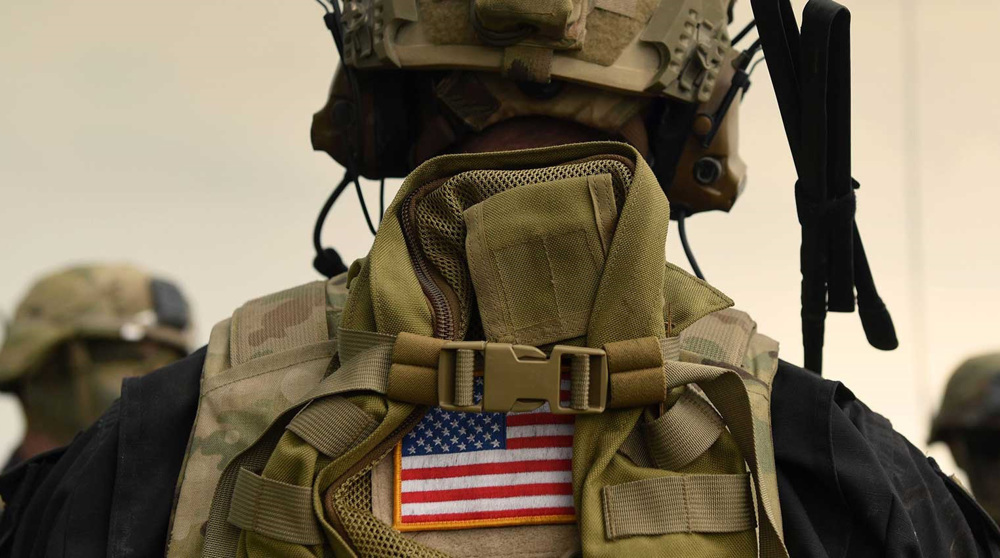
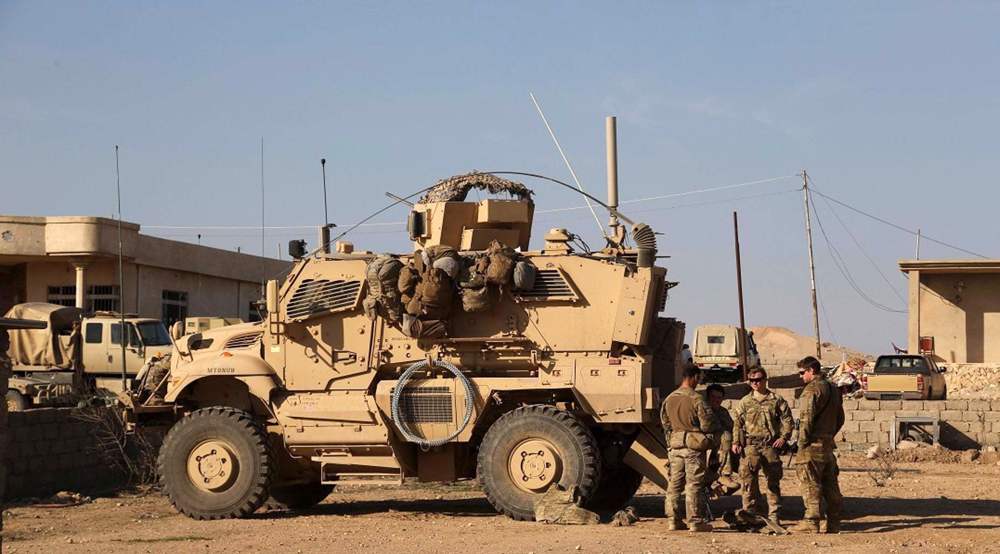
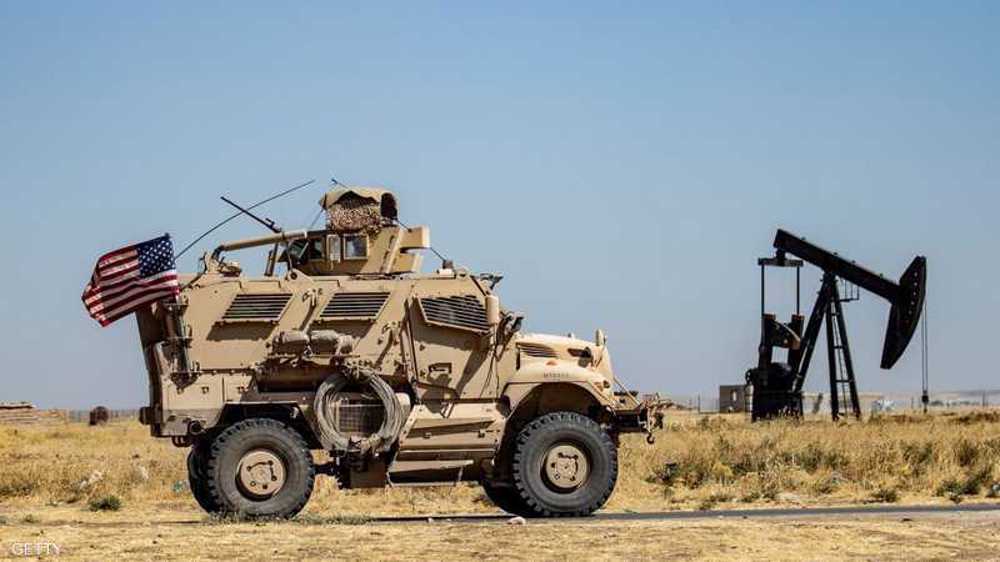
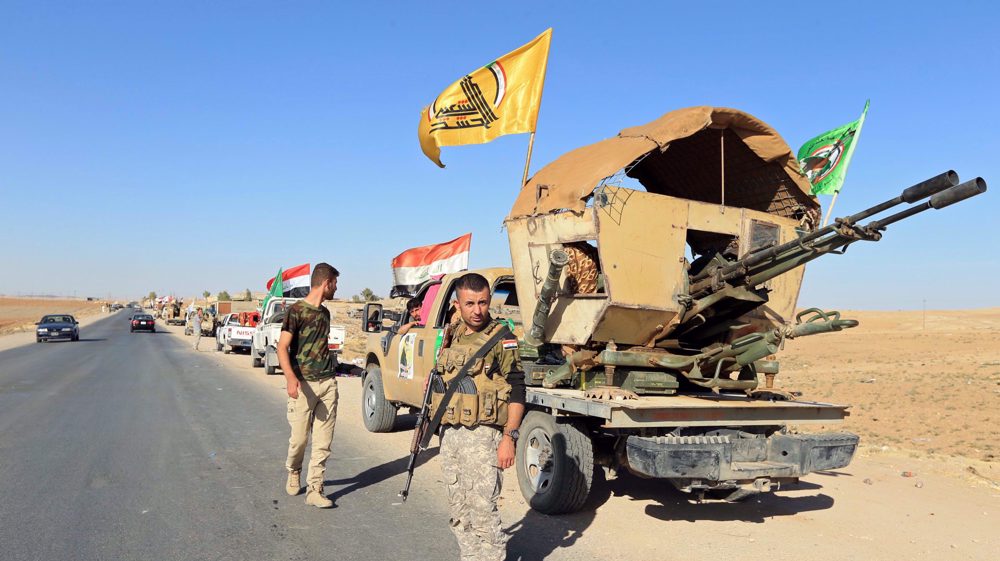
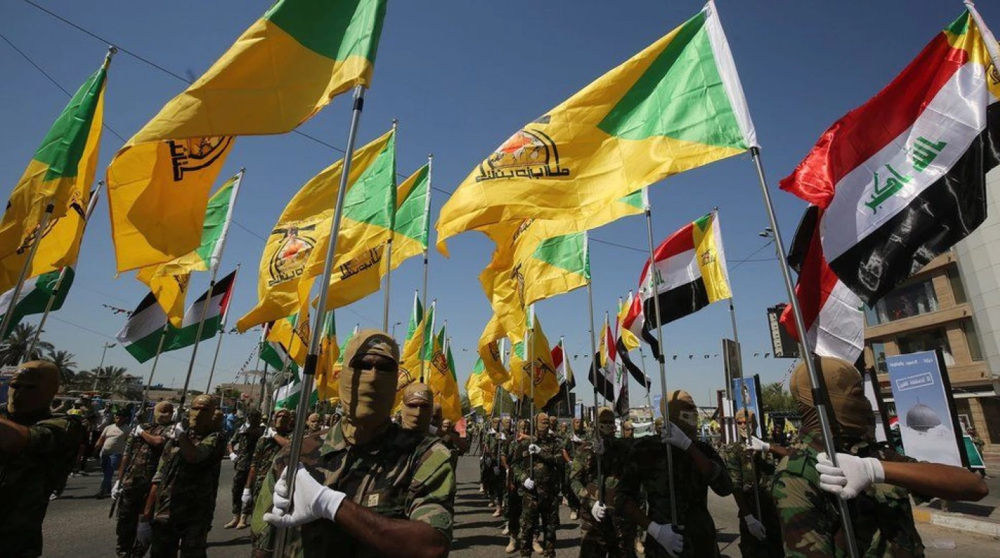
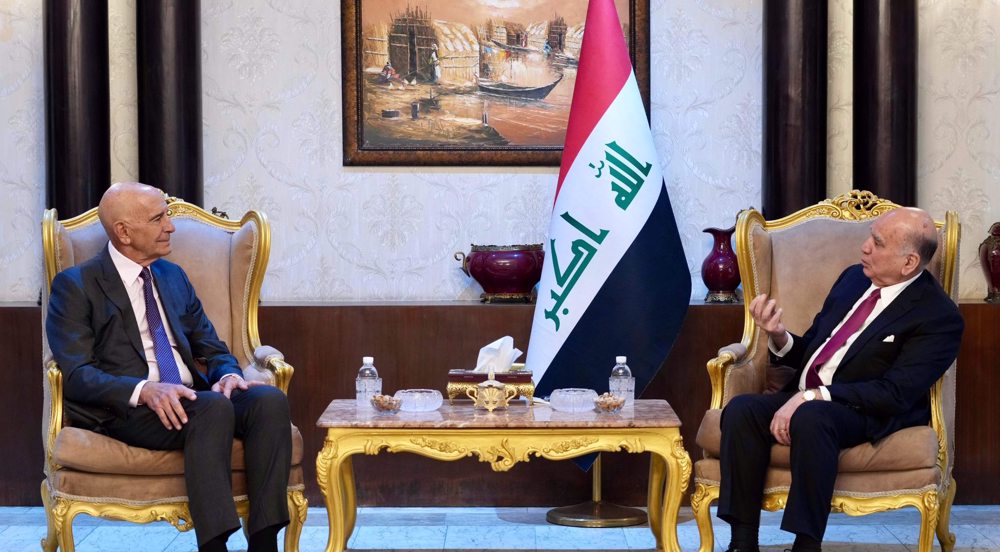



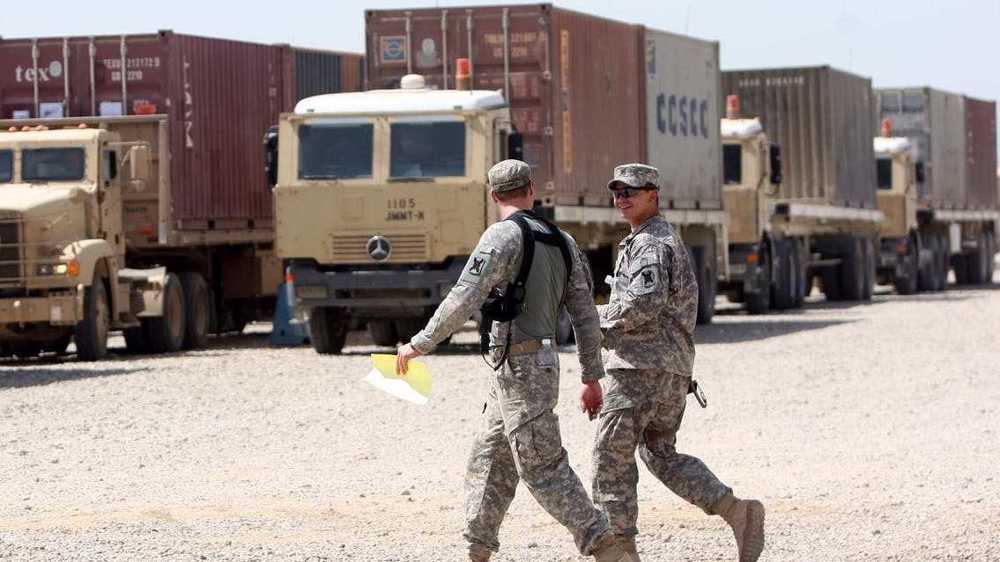
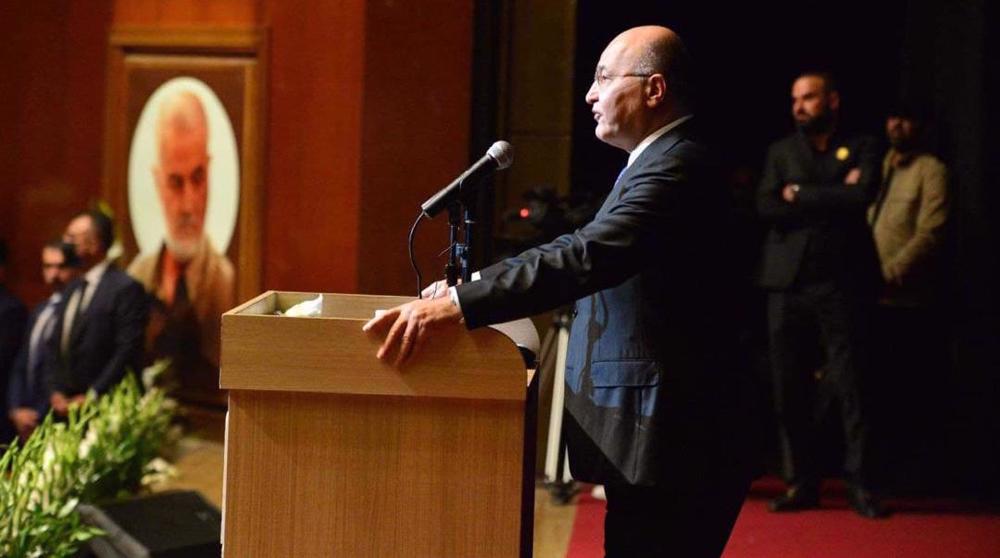
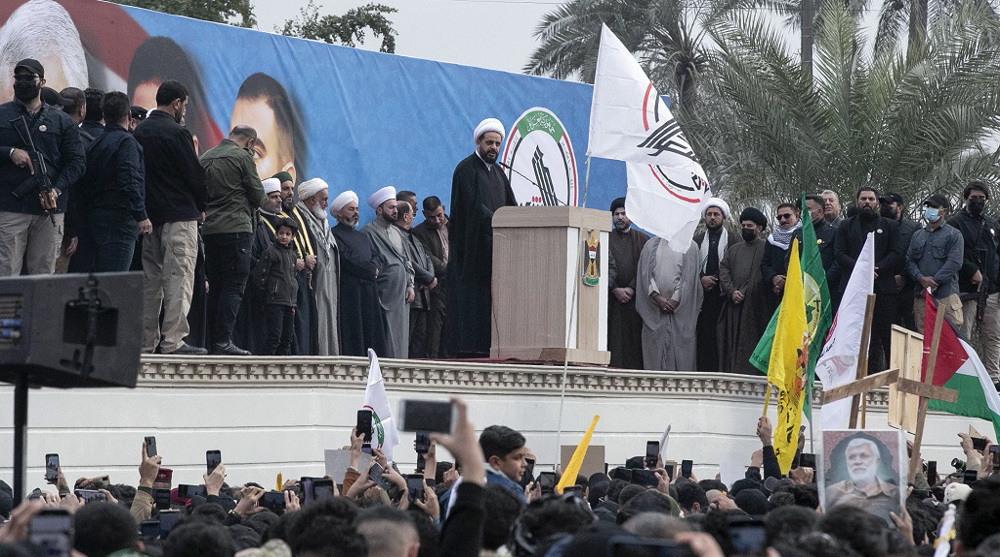
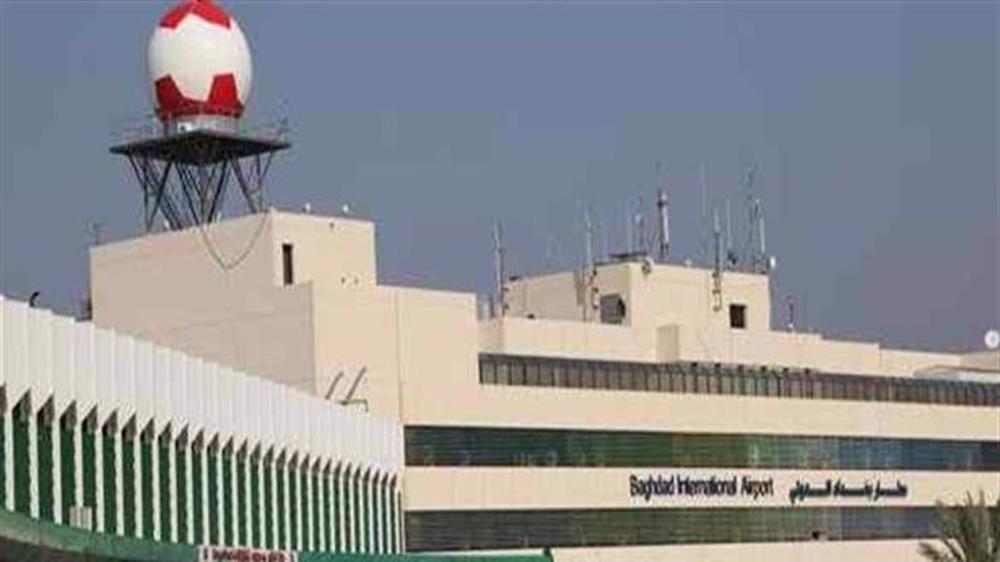
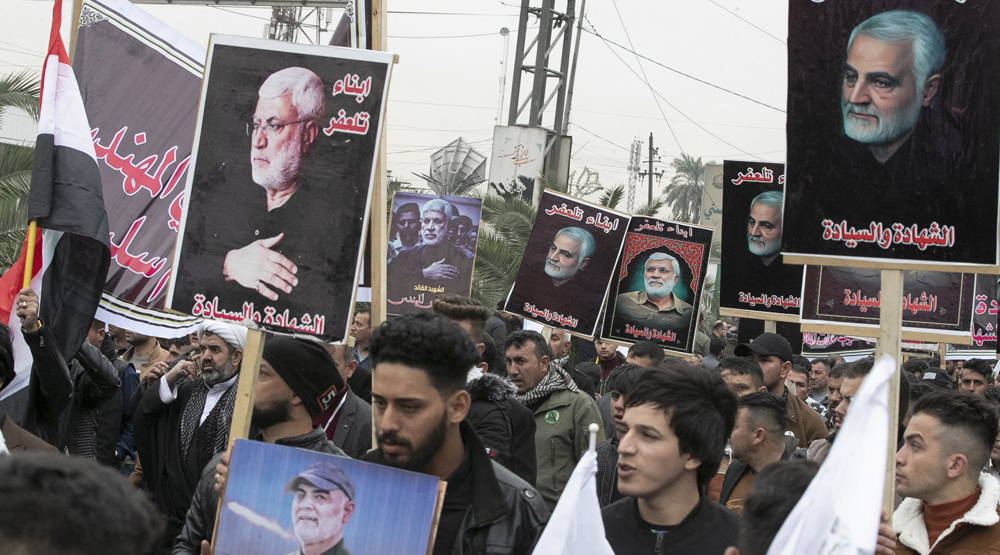

 This makes it easy to access the Press TV website
This makes it easy to access the Press TV website